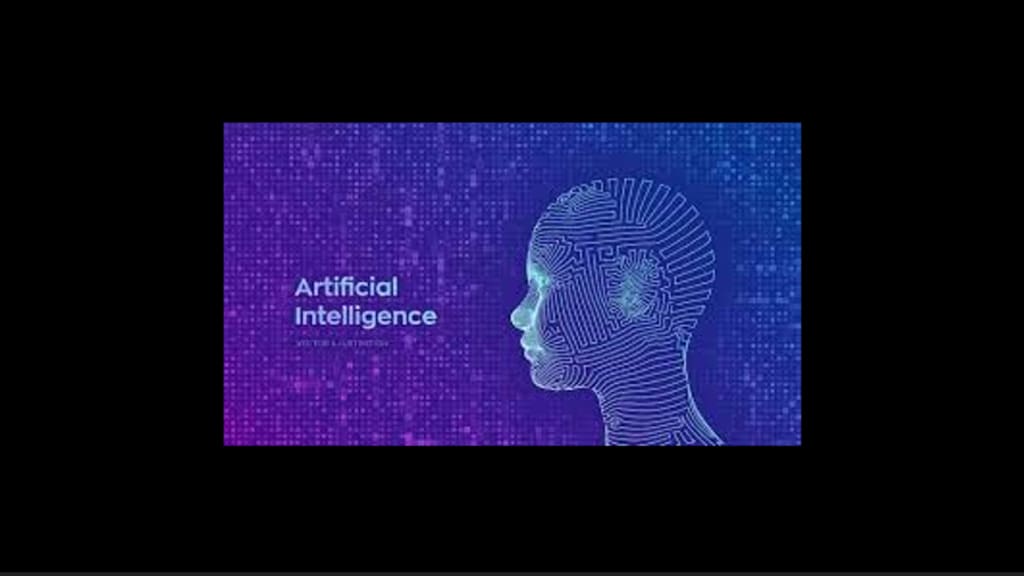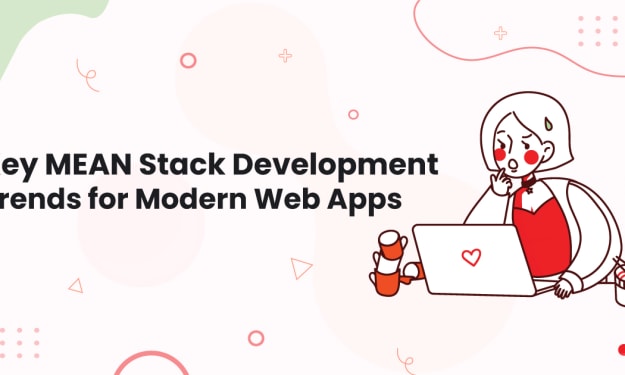AI In Healthcare
Transforming Patient Care & Treatment

Introduction
Artificial Intelligence (AI) is creating waves in the fast changing environment of modern healthcare like never before. While AI's potential is broad, its impact on the healthcare business is particularly significant. AI is transforming patient care and treatment in previously imagined ways, from early diagnosis to individualized treatment plans. In this article, we look at the fascinating ways AI is altering healthcare, providing light on its immense potential and optimistic future.
AI-Powered Imaging for Early Diagnosis
One of the most significant advances AI provides to healthcare is in medical imaging. AI-powered algorithms analyze complicated medical pictures like X-rays, MRIs, and CT scans with amazing precision. This leads to faster and more accurate identification of diseases such as cancer, cardiovascular difficulties, and neurological abnormalities, increasing patient outcomes and survival rates.
Patients' Personalized Treatment Plans
AI understands that no two patients are alike. AI can generate personalized treatment regimens tailored to each individual's unique needs by processing massive volumes of patient data, including genetic information and medical history. This level of personalization enhances therapy efficacy while minimizing unwanted effects, implying a brighter future for patients globally.
AI-powered Virtual Health Assistants
Consider having a skilled and attentive healthcare assistant available 24/7 to answer your medical inquiries, provide advice, and monitor your health. AI-powered virtual health aides are making this vision a reality. These chatbots and virtual companions provide individualized health advice, boosting preventive care and increasing patient involvement.
Predictive Analytics and Disease Prevention
AI excels at rapidly evaluating large amounts of data, making it an effective tool for predictive analytics in healthcare. AI can forecast the possibility of diseases and medical disorders by finding patterns and risk factors, enabling early intervention and preventive actions. This proactive approach to healthcare has the potential to save countless lives while also lowering healthcare expenses.
AI Accelerates Drug Discovery and Development
The typical medication discovery and development procedure is time-consuming and expensive. AI is altering this by expediting the identification of prospective medication candidates through virtual screening and data analysis. This ground-breaking technology reduces the time it takes to bring life-saving pharmaceuticals to market, which benefits both patients and pharmaceutical businesses.
AI-assisted Robotic Surgery
Robotic surgery, aided by AI, is transforming surgical operations. AI-enabled surgical robots improve a surgeon's capabilities by providing greater precision and control, resulting in improved surgical outcomes and shorter recovery times. Furthermore, the technology enables remote surgery, allowing patients in remote places to obtain specialist surgical knowledge.
Real-time Remote Patient Monitoring
AI-powered wearable gadgets and IoT technology offer real-time remote patient monitoring. This continuous flow of patient data enables healthcare practitioners to monitor chronic illnesses, detect irregularities, and intervene quickly. Remote patient monitoring not only improves patient care but also lowers hospital readmissions and healthcare expenses.
Support for Artificial Intelligence and Mental Health
Mental health is a global concern, and AI is stepping up to help. AI-powered mental health chatbots provide a secure area for people to share their emotions and receive sympathetic responses. These chatbots can also recognize symptoms of distress and alert healthcare practitioners, ensuring timely intervention for people in need.
AI in Clinical Trials
AI's involvement in healthcare extends to clinical trials, where it simplifies the recruitment of qualified volunteers, monitors trial progress, and quickly analyzes trial data. This increased efficiency hastens the development of novel medicines and therapies, which benefits patients who are waiting for life-changing medical breakthroughs.
The Future of Healthcare - Human-AI Collaboration
Finding the correct balance between human expertise and AI's capabilities is a critical factor as AI continues to disrupt healthcare. Emphasizing collaboration between healthcare professionals and AI technology will unlock the full potential of this transformation, assuring ethical and responsible adoption while providing the best possible patient care.
Conclusion
The emergence of AI in healthcare is nothing short of a medical wonder. From AI-powered imaging for early diagnosis to individualized treatment plans and virtual health assistants, AI is transforming patient care and treatment. As this technology matures, its influence will only rise, ushering in a new era of proactive, tailored, and accessible healthcare for all. Accept the power of AI in healthcare as a route to a better, more connected future.
About the Creator
iamVernetta
Hello All
I am Vernetta and I love creating!






Comments (1)
hi there, you did not respond to my massages in the comment section in the previous story does that mean u do not wanna be a part of it? cause if u don’t it is fine just let me know please.